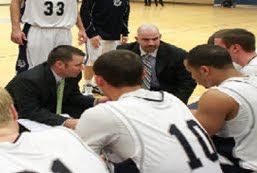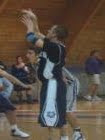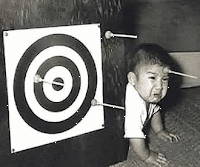Mike got me on the floor for pregame. Every moment is orchestrated. Players are on a tight schedule of individual attention before every game. Richard Jefferson was the first player on the floor. He worked out with Jacque Vaughn, getting a myriad of shots off; dribble handoffs, penetrate and kick, spot ups, reshape catch and shoot, etc. DeJuan Blair has a 2-on-1 game that he plays with a coach and an intern that simulates draw and kick situations. Players came and went, all working on various parts of the game in personalized quick spurts.
As Mike and I sat watching, he said to me, "Coach G, after seeing these guys show up 2 hours before tip-off and getting a workout in, I wish I had done it when I played for you." I loved it! He was now seeing through coaching eyes. Another proud moment for me!
Here are a few things I took away from the experience:
It's Business!
- When you cross over the lines, it is all about basketball
- Take the floor with an intense focus on improvement
- There is no time for jacking around
Analyze the game
- Where are shots going to come from?
- Work on the specific aspects that are applicable in a game
- Look at the angles passes and cuts are going to be coming from
Keep it short and intense
- Have a plan or goals to accomplish even in pregame
- Get in, get after it, and get out - No need to over-do it
- Work at it! - Get a sweat and go game speed
- Compete - Play a game to get the competitive juices flowing



 You are a player when:
You are a player when:
